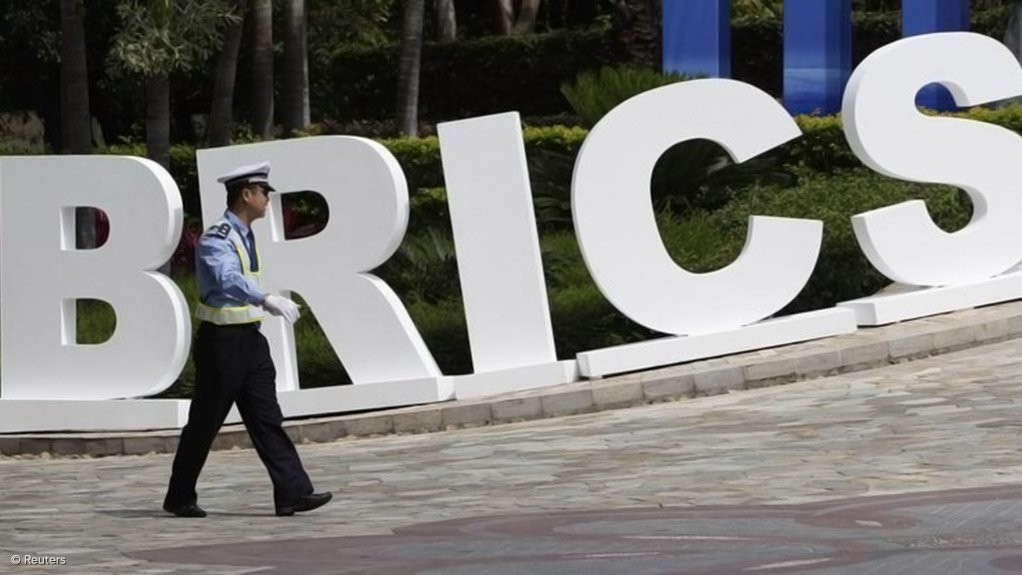South Africa’s leveraging of its position within the Brazil, Russia, India, China and South Africa (Brics) economic grouping required a continental approach – placing the development of Africa ahead of its national agenda, The Thinker editor Dr Essop Pahad said on Friday.
“That may mean [that] we, as a country, must take positions that businesses and people might not find palatable,” he said, emphasising the need to get out of a national sovereignty mindset.
This emerged at the launch of the Africa Institute of South Africa’s new book, ‘Laying the BRICS of a New Global Order: From Yekaterinburg 2009 to eThekwini 2013’, authored by Human Sciences Research Council professor Narnia Bohler-Muller and Institute for Global Dialogue senior research fellow Francis Kornegay.
South Africa could pack its own punch with its role in the bloc, but had to do so as a representative and in the best interest of Africa as a whole, enabling Africa to raise its voice, while being careful not to speak for, or on behalf, of the continent.
But, Bohler-Muller warned that a balanced approach should rather be taken.
South Africa needed to strengthen its position, and cement its economy, before being able to pull the rest of Africa with it on a path of continual growth, she said.
While the Africa agenda was “very important”, the country had to move toward being an effective, developmental and capable State.
As Africa’s self-acclaimed “gateway”, the partnership could improve the Brics countries’ access to local markets and provide foreign direct investment links to its continental counterparts.
The involvement of the Brics countries could contribute to Africa’s development through increasing financial aid to build infrastructure and industrial capacity, and increasing imports of value-added manufactured products from the continent.
While South Africa had a direct interest in extending Brics’ cooperation to support Africa’s economic development agenda, the country had to be careful not to take a “big brother” approach to managing its role in Brics and pursuing development in the rest of Africa.
It was, ultimately, up to Africa to articulate what it wanted to gain from South Africa’s role in Brics.
Many have questioned the economic bloc’s decision to include South Africa, which, relative to the other members, had a small economy and population.
But, if Brics as a grouping was to have any impact in the world and withstand the pressures of Western powers, it had to include an African country, and the choice was between South Africa and Nigeria, both of which were well placed to take up the position.
“They made the right choice in selecting South Africa [to join the grouping],” said Pahad.
China and Russia were more determined to include South Africa for an easier access route to the continent, despite India and Brazil being “lukewarm” about the choice, University of Johannesburg Professor Chris Landsberg said.
EMAIL THIS ARTICLE SAVE THIS ARTICLE
To subscribe email subscriptions@creamermedia.co.za or click here
To advertise email advertising@creamermedia.co.za or click here











